Executive Summary
The USAID Resilience ANCHORS Activity continued to strengthen the resilience of communities around protected landscapes in the Southeast Lowveld (SEL) and set the stage for full-scale implementation in the Mid-Zambezi Valley (MZV) landscape. Resilience ANCHORS made significant progress in the training of smallholder farmers in climate-smart agriculture (CSA), supported by the completion of demonstration gardens and water sources for multipurpose use in Mahenye and Maparadze. The Activity also made positive strides towards strengthening private sector engagement (PSE) and ensuring more sustainable impact via locally led development for improved natural resource management and greater resilience.
Resilience ANCHORS conducted a seminal Human-Wildlife Conflict (HWC) Conference in September 2022, see Annex 1, that attracted a wide spectrum of conservation and economic growth stakeholders. HWC remains Zimbabwe’s highest profile challenge around protected areas. The Activity presented key findings from a national HWC assessment and mapped strategies for expanded HWC mitigation interventions in FY23.
“USAID will support holistic community-led approaches that will sustainably address HWC for those living nearby diverse landscapes,” stated the USAID/Zimbabwe Acting Mission Director, Mr. Ramses Gauthier.
Under Objective 1, which covers community-level governance and economic benefits, Resilience ANCHORS trained 561 smallholder farmers, including 421 women, in CSA principles. The Activity also organized a “Look and Learn Tour” for farmers, providing a hands-on experience. The Activity conducted a Horticultural Value Chain–Market Mapping exercise to assess the demand of farmers’ products and the strength of potential value chains to improve their decision-making ability to adapt to climate and market trends. Resilience ANCHORS conducted consultations and trainings on Local Environmental Action Plans (LEAPs) throughout Bikita District to improve and strengthen environmental monitoring and communities’ abilities to manage their own natural resources.
The Activity established cash crop gardens with the aim of building resilience to climatic shocks and stresses. The Activity provided training on market assessment, marketing, book-keeping, and carried out a market mapping exercise. After receiving these trainings and the feedback from the market mapping exercise, the farmers decided which crops to plant to receive the maximum profits from their inputs. Using acquired marketing skills, the cash crop garden committees secured a partnership and market via Flamboyant Hotel, a private sector player. The cash crop gardens are now realizing meaningful income, and the beneficiaries have moved away from subsistence farming to farming as a business.
The Activity improved the capacity of the Nyangambe Wildlife Management Committee in governance, conservation, community engagement, environmental, and natural resource institutional and legal frameworks. The Activity also produced a new constitution for the Nyangambe Wildlife Conservancy and supported the convening of a national dialogue session on HWC, community livelihoods, and food security at the Zimbabwe Alternative Mining Indaba. The Activity developed one land use plan (LUP) for Ward 23 in Chiredzi (Nyangambe). It was adopted by the Chiredzi RDC as a statutory document for rural development and planning for the ward and presented by the community to multiple government stakeholders. The LUP will serve as the blueprint for other LUPs to be developed in the district.
Under Objective 2, involving better access to and management of water, the Activity completed the development of seven water sources for multipurpose use in Chipinge District, each equipped with a borehole, solarized pumping system, livestock water trough, 10,000-liter storage tank and water access points for domestic use and human consumption. These improved water systems will support the CSA conducted in landscapes and act as a multiplier effect on the activities. Resilience ANCHORS leveraged USAID’s Farmer-to-Farmer (F2F) program to train 45 farmers, who form part of the Nyangambe Irrigation Scheme, on crop water demands, irrigation scheduling, and general water management. Resilience ANCHORS conducted a key stakeholder workshop and dialogue meeting on water governance and integrated water resources management (IWRM).
Under Objective 3, focused on PSE and locally led development, the Activity engaged several private sector actors to develop and strengthen value chains for community-based agriculture and products. The Activity facilitated a partnership between The Chili Pepper Company (TCPC) and the Vimbanayi Irrigation Scheme management committee in Chipinge District. Approximately 134 members of the scheme registered to join the contract. The partnership will provide farmers with a minimum gross profit margin of [REDACTED] USD per household each harvesting season and will ensure improved sustainability beyond the Activity.
To further strengthen locally led development, Resilience ANCHORS continued to build the capacity of local implementing partners through a series of finance, compliance, and contracts management workshops, led by ECODIT’s Finance Director, as well as Monitoring, Evaluation and Learning (MEL) trainings to all partners on developing process monitoring tools and updating existing performance monitoring tools. To support the MEL process, Resilience ANCHORS developed an online MEL database to enhance data quality standards. The Activity successfully facilitated a data quality assessment (DQA) and monitoring exercise with USAID/Zimbabwe.
Resilience ANCHORS produced a draft Community Environmental Governance (CEG) Manual to improve the ability of communities and Ward Development Committees (WADCOs) to overcome environmental governance challenges. The Activity trained community members, focusing on women and youth, from Chiredzi and Bikita Districts, in the use of Envirobot, a digital platform where communities can access environmental information and report on environmental concerns. Resilience ANCHORS also produced and launched the Human-Wildlife Conflict Trend Analysis (2016-2021) to understand the nature and extent of HWC in Zimbabwe. Furthermore, the Activity developed an Environmental and Social Safeguards Framework and Grievance Redress Mechanism.
Resilience ANCHORS carried out a Baobab Resource Mapping exercise (see Annex 2) to accurately assess the state of baobab resources nationwide. The Resource Mapping looked at distribution, density, and dynamics of baobab populations, identified concentrations of baobab trees under threat, as a priority for conservation action, developed protection and restoration measures aimed at mitigating and preventing any urgent threats to baobabs within the areas. It also identified a long-term monitoring program enabling the adoption of rapid corrective measures in the event of negative impacts on the baobab population and explored opportunities for income-generating activities for communities.
As noted, the Activity also created a HWC policy brief (Annex 3) that highlighted policy recommendations, such as the development of an HWC policy or national strategy, a proposed ex-gratis scheme for HWC victims, the establishment of a national inter-agency and ministerial coordination body on HWC, and a national reporting and monitoring system on HWC. An NTFP policy brief (see Annex 4) was created with the aim of understanding the conditions under which NTFP commercialization can make a positive contribution to the livelihoods of the poor, to help build the resilience of communities in anticipation of shocks and stresses, and to help to fulfil the potential contribution to the Sustainable Development Goals. It provided policy recommendations related to policy and governance, NTFP production, NTFP sustainability, and those related to value chains and markets.
The Resilience ANCHORS Activity also conducted one last scoping field visit to the Mid-Zambezi Valley landscape. This visit will further inform strategies and activities to be incorporated into the Activity’s Annual Work Plan (AWP) for FY23. After undergoing extended co-creation and exercising significant adaptive management, Resilience ANCHORS positioned itself, through new locally led partnerships, data-driven strategies, and expansions into new landscapes, for its most impactful year to date in FY23.
Lastly, the Annual Performance Report for the Resilience ANCHORS Activity (RAA) clearly demonstrates that the ECODIT Team and Partners excelled in FY22, the first year of actual program implementation for the Resilience ANCHORS Activity (RAA). (NB: RAA’s Year 1 was focused on managing USAID’s Co-Design Process.) Such notable progress was realized despite ECODIT’s Project Coordination Unit (PCU) needing to manage for several major challenges, including but not limited to – working under limiting COVID-19 restrictions for most of years 1 and 2, managing for the withdrawal of two original landscape partners, replacing an underperforming partner – and notwithstanding, the delays encountered in obtaining key USAID approvals for contract modifications, etc. These challenges aside, ECODIT’s PCU and the RAA Partners showed admirable productivity and resilience in FY22, and we’re sure they’ll continue to exceed expectations and ultimately, improve upon their program performance in FY23.



 This year’s efforts focused on scaling up targeted support to develop forest value chains and strengthen forest enterprises, expanding effective planning and management of community forests, and deepening government engagement to guide, develop, and revise forest policies. To facilitate greater policy influence, the Project shifted from a “bottom-up approach” that provided provincial evidence to guide national policy recommendations, to a more strategic approach that works directly with Vietnam’s top policymaking bodies, to provide recommendations through these bodies with a higher likelihood of adoption. To improve law enforcement efforts, the Project successfully completed the first phase of rolling out the innovative tool to track and monitor forest violations– now ready for nationwide deployment. Despite receiving lower than planned fund obligations affecting mainly the fourth quarter, this fiscal year, the project made notable strides towards reaching Project targets, including 136,339.40 ha of forest land and 2,263.93 ha of non-forest land under improved management, securing USD 30.8 million in investments and commitments, and ultimately benefitting 56,393 people through U.S. government assistance.
This year’s efforts focused on scaling up targeted support to develop forest value chains and strengthen forest enterprises, expanding effective planning and management of community forests, and deepening government engagement to guide, develop, and revise forest policies. To facilitate greater policy influence, the Project shifted from a “bottom-up approach” that provided provincial evidence to guide national policy recommendations, to a more strategic approach that works directly with Vietnam’s top policymaking bodies, to provide recommendations through these bodies with a higher likelihood of adoption. To improve law enforcement efforts, the Project successfully completed the first phase of rolling out the innovative tool to track and monitor forest violations– now ready for nationwide deployment. Despite receiving lower than planned fund obligations affecting mainly the fourth quarter, this fiscal year, the project made notable strides towards reaching Project targets, including 136,339.40 ha of forest land and 2,263.93 ha of non-forest land under improved management, securing USD 30.8 million in investments and commitments, and ultimately benefitting 56,393 people through U.S. government assistance.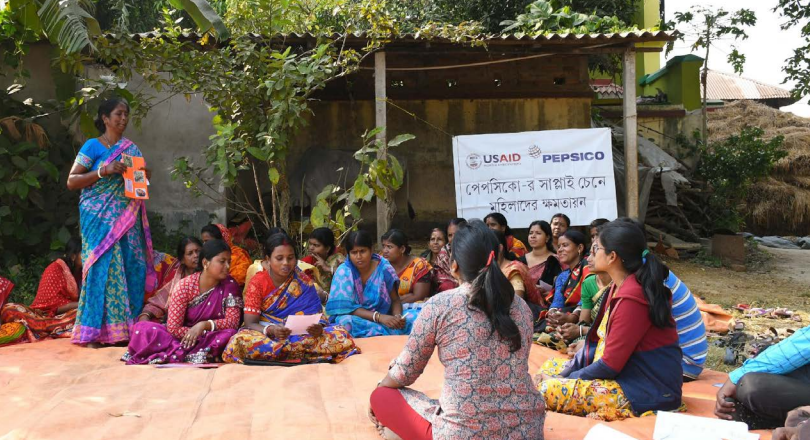
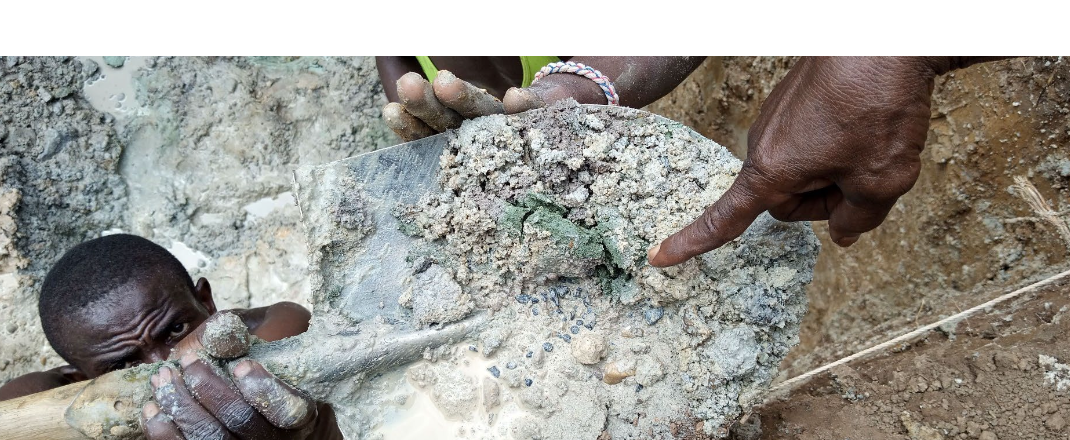
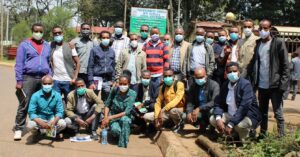 United States Agency for International Development (USAID)/Ethiopia contracted Tetra Tech as the prime contractor to implement the five-year, $10.9 million Land Governance Activity (USAID LGA) Task Order (TO) under the Strengthening Tenure and Resource Rights (STARR) II Indefinite Delivery Indefinite Quantity (IDIQ) Contract. Tetra Tech will implement USAID LGA over a five-year period commencing May 24, 2019 (effective date per Section F.2 of the TO contract).
United States Agency for International Development (USAID)/Ethiopia contracted Tetra Tech as the prime contractor to implement the five-year, $10.9 million Land Governance Activity (USAID LGA) Task Order (TO) under the Strengthening Tenure and Resource Rights (STARR) II Indefinite Delivery Indefinite Quantity (IDIQ) Contract. Tetra Tech will implement USAID LGA over a five-year period commencing May 24, 2019 (effective date per Section F.2 of the TO contract).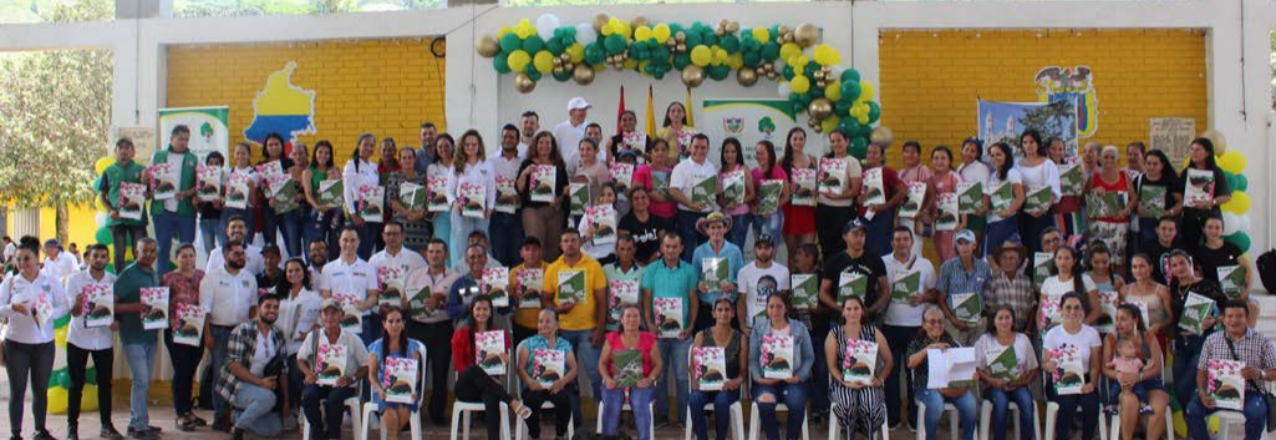
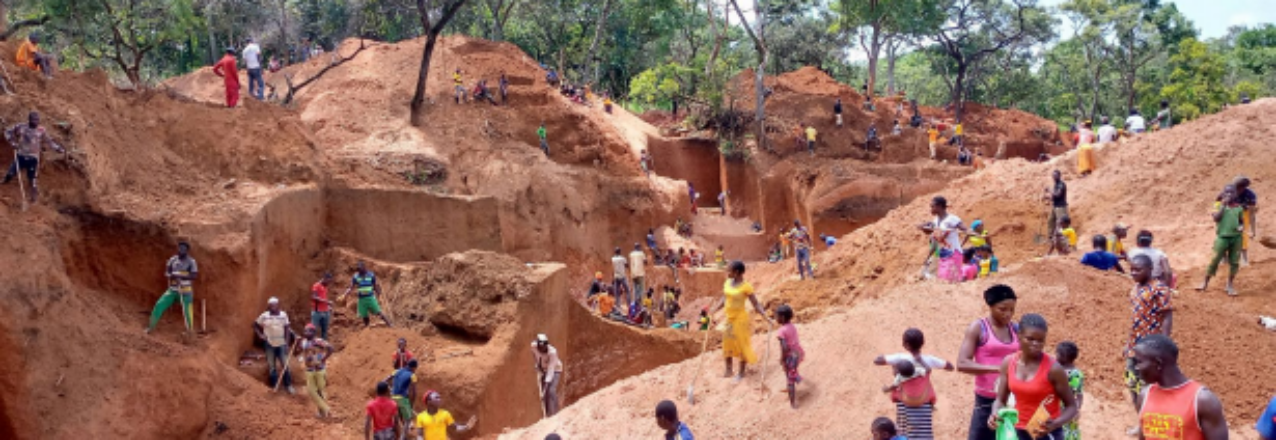
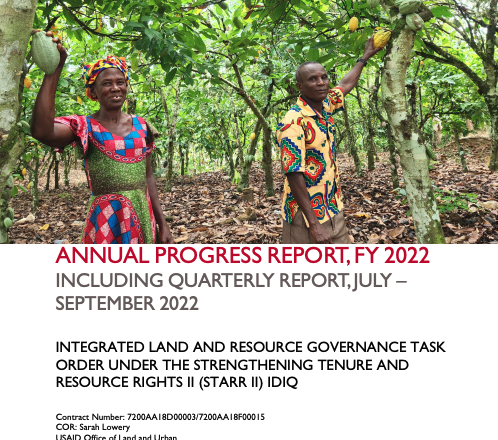
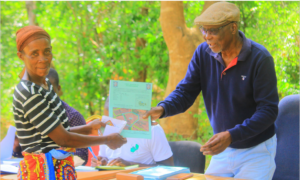 Mozambique: ILRG supported the National Land Policy review, including comments that were made in subsequent drafts. ILRG continued to advocate for Mobile Approaches to Secure Tenure (MAST) for land registration, including a technical meeting with the National Directorate of Land to compare MAST approaches with the MozLand methodology. ILRG completed initial work with Grupo Madal and launched subsequent work on gender and support to agricultural extension and further community delimitation. ILRG also neared completion of work with Green Resources SA (GRAS) on land disinvestment and continued to support community associations on capacity to manage forests. Finally, ILRG finalized agreements in Sofala related to managing displaced communities, which included de-emphasizing household delimitation and focusing on land use planning.
Mozambique: ILRG supported the National Land Policy review, including comments that were made in subsequent drafts. ILRG continued to advocate for Mobile Approaches to Secure Tenure (MAST) for land registration, including a technical meeting with the National Directorate of Land to compare MAST approaches with the MozLand methodology. ILRG completed initial work with Grupo Madal and launched subsequent work on gender and support to agricultural extension and further community delimitation. ILRG also neared completion of work with Green Resources SA (GRAS) on land disinvestment and continued to support community associations on capacity to manage forests. Finally, ILRG finalized agreements in Sofala related to managing displaced communities, which included de-emphasizing household delimitation and focusing on land use planning.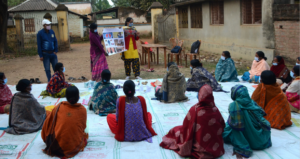 During fiscal year (FY) 2021, ILRG continued to launch new activities in Madagascar, Malawi, Liberia, and DRC, as well as deepen work on women’s land rights and economic empowerment. Progress continued to be stalled in every country due to coronavirus disease 2019 (COVID-19) and associated international travel and local activity restrictions.
During fiscal year (FY) 2021, ILRG continued to launch new activities in Madagascar, Malawi, Liberia, and DRC, as well as deepen work on women’s land rights and economic empowerment. Progress continued to be stalled in every country due to coronavirus disease 2019 (COVID-19) and associated international travel and local activity restrictions.